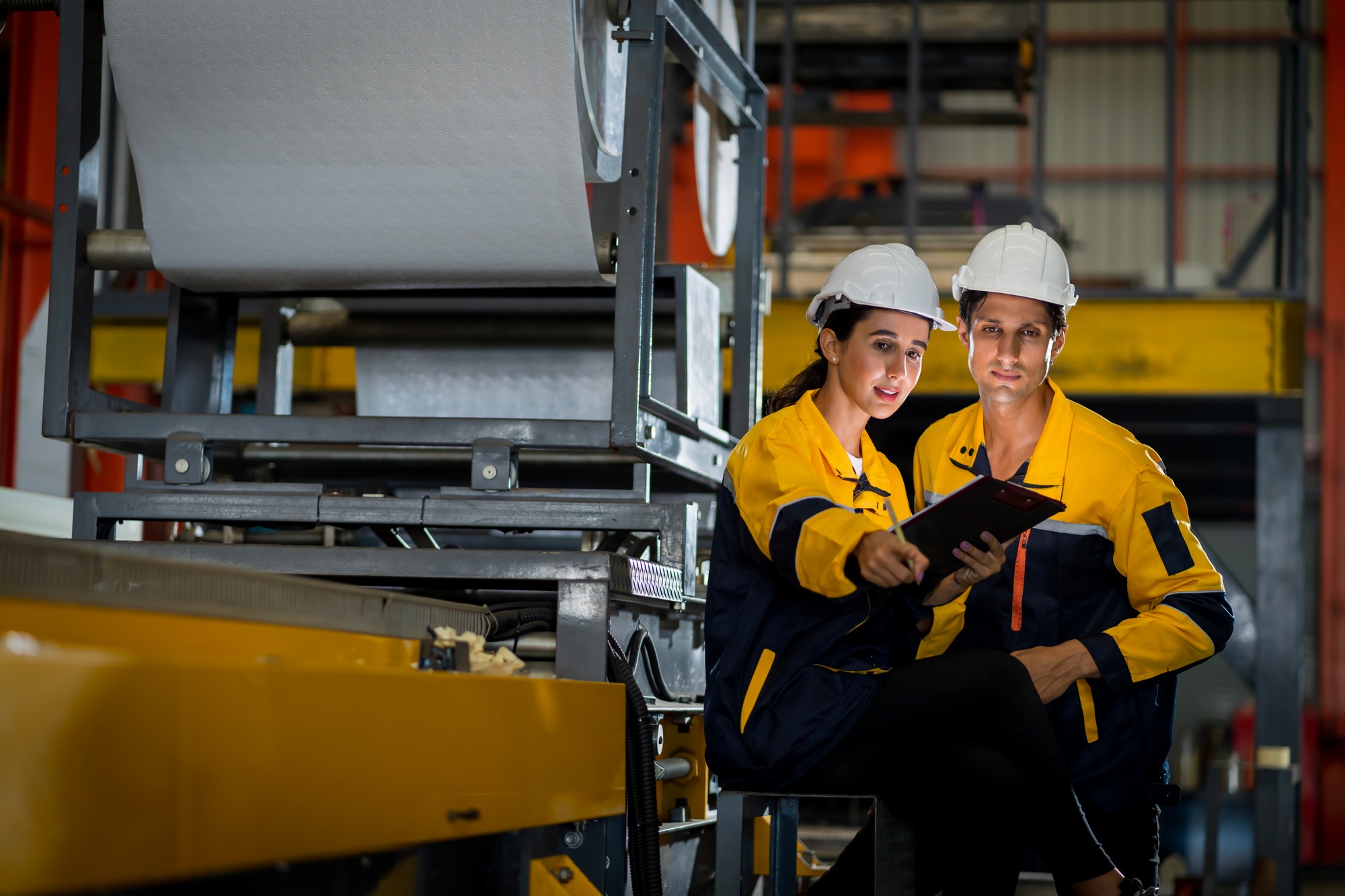As the United States accelerates its transition to clean energy and electric vehicles (EVs), the demand for lithium-ion batteries—and the critical minerals they contain—has surged. This rapid growth presents both opportunities and challenges, particularly concerning resource sustainability and supply chain security. Enter the circular economy: a transformative model that emphasizes recycling and reusing materials to minimize waste and environmental impact.
Understanding the Circular Economy
The circular economy is a regenerative approach that contrasts with the traditional linear model of “take, make, dispose.” In the context of lithium-ion batteries, it involves collecting end-of-life batteries, extracting valuable materials like lithium, cobalt, and nickel, and reintegrating them into the manufacturing process. This not only conserves resources but also reduces the environmental footprint associated with mining and processing virgin materials.
American Li-ion’s Commitment to Circularity
At American Li-ion, we’re at the forefront of implementing circular economy principles in battery recycling. Our facilities in Atoka and the upcoming Project Lazarus in McAlester, Oklahoma, are designed to process unsorted black mass—a mixture of shredded battery components—into high-purity pre-cathode active material (pCAM). By doing so, we reduce reliance on foreign sources for critical minerals and bolster domestic supply chains.
Benefits of Embracing the Circular Economy
- Resource Conservation: Recycling batteries allows us to recover up to 95% of key materials, significantly reducing the need for new mining operations.
- Environmental Protection: By minimizing mining activities, we decrease habitat destruction, water usage, and greenhouse gas emissions associated with raw material extraction.
- Economic Growth: Developing a robust recycling infrastructure creates jobs and stimulates local economies, particularly in regions like Oklahoma where our facilities are based.
- Energy Security: A domestic recycling ecosystem lessens dependence on international markets, ensuring a stable supply of critical materials for national defense and energy needs.
Collaborative Efforts and Future Outlook
The success of a circular economy in battery recycling hinges on collaboration between industry, government, and consumers. Policies that support recycling initiatives, investments in advanced technologies, and public awareness campaigns are essential components. At American Li-ion, we’re committed to leading these efforts, ensuring that the U.S. remains at the forefront of sustainable energy solutions.
Learn More
For further reading on the circular economy and lithium-ion battery recycling, visit the following resources:
- U.S. EPA: Lithium-Ion Battery Recycling
- NREL: Battery Recycling Supply Chain Analysis
- Green Li-ion Technology Overview



